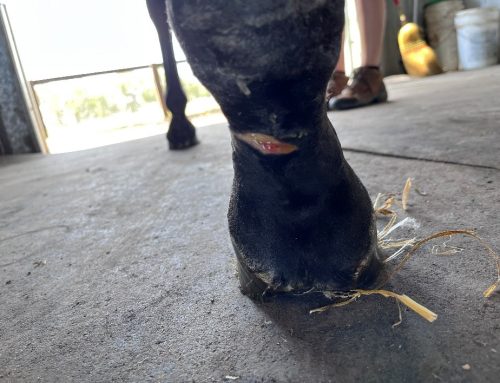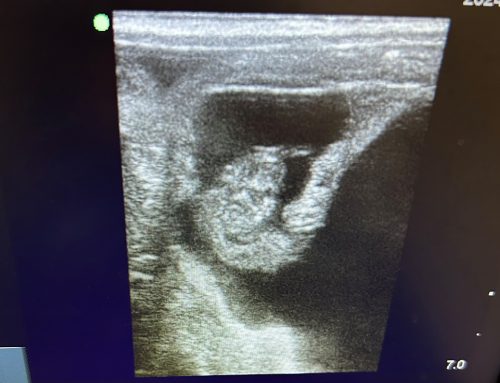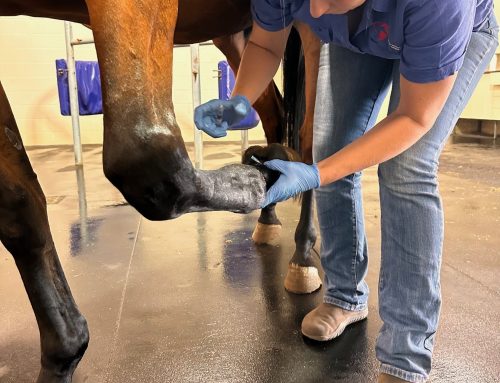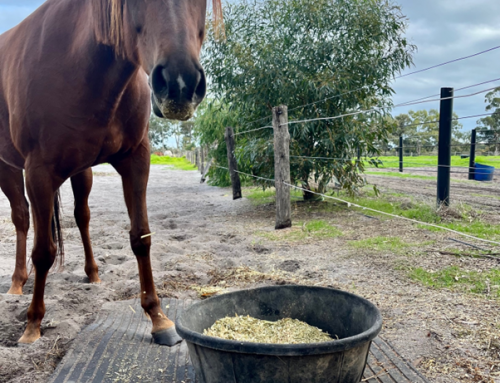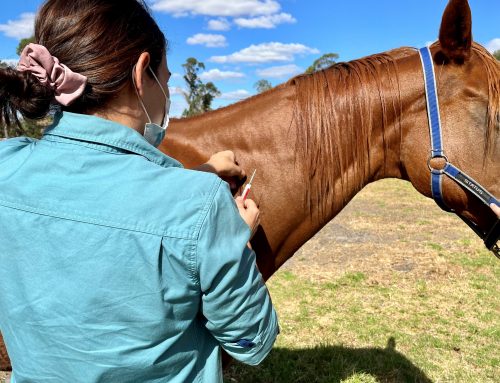Post-foaling Examination and IgG Testing:
This is our first opportunity to check the health of the mare and foal after foaling. We recommend that this exam happens within the first 24 hours of the foal’s life.
One of the most important parts of this examination is to test the foal’s IgG levels. IgG is the main antibody found in blood and extracellular fluid and is responsible for controlling infection in the body. It is transferred to the foal through the mare’s colostrum. We are able to test the blood of the foal for IgG. This in turn helps us to assess the transfer of immunity from the mare to the foal. At 18 hours of age, a normal IgG result is >800 mg/dL . The ideal time to test on average would be 16 hours after birth.
Sometimes the IgG levels are less than 800 mg/dL. This is called failure of passive transfer of immunity. A result of <200 mg/dL is considered complete failure of passive transfer, while a result between 400 – 800 mg/dL is considered partial failure of passive transfer. This can happen for many reasons including:
- prematurity
- reduced gastrointestinal motility
- reduced ability or complete inability of the foal to suckle
- reduced production of IgG by the mare
- reduced affinity of the mare for the foal (i.e. the mare won’t let the foal suckle – maiden )
A low result means the foal is at a greater risk of becoming systemically ill. In the event of complete failure of passive transfer (<200 mg/dL) it is necessary to treat the foal with a plasma transfusion to prevent the foal from acquiring infection as they are not protected by the antibodies from the mare. When there is only partial failure of passive transfer (400 – 800 mg/dL), whether to treat with plasma is dependent on the overall health of the mare and foal, and the environment in which they live. It is therefore important for us to do a thorough examination of the foal and the mare post foaling so as to assess their level of risk.
In our exam we evaluate every body system to get an overall picture of their health status. There are some conditions that are unique to the neonate that we are on the lookout for when doing our exam. They include (but are not limited to):
| Condition: | Signs to look for: |
| Patent Urachus | Urinating or wetness from the umbilicus |
| Hernias | Reducible lump on belly |
| Fractured ribs | Signs of trauma (difficult birth), laboured respiration |
| Sepsis | Dull, depressed, not sucking, fever, etc. |
| Dummy foal | Inability to suckle or stand, depressed, recumbent |
| Retained meconium | No manure passed in the first 3 hours after birth |
| Colic | Swishing of tail, restlessness, rolling, laying upside down |
| Joint Infection | Lameness, heat, swelling |
If any of these signs are present or you are worried about either your foal or mare in any way, please don’t hesitate to ring us at the clinic on (08) 9530 3751.


